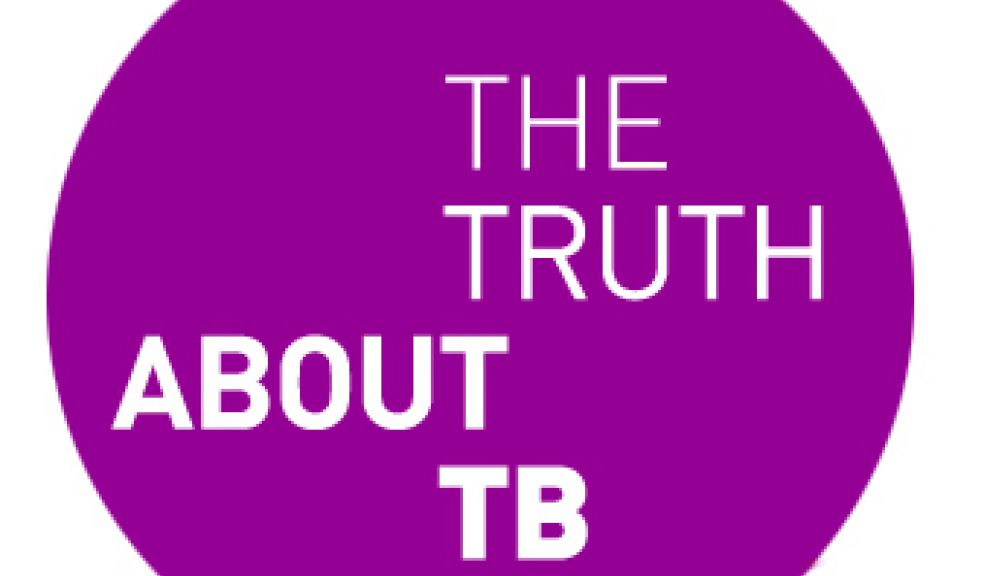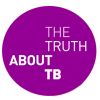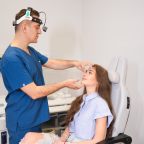
Devon adds its voice to TB campaign
NHS and council organisations in Devon added their voice to the ‘Stop TB in my Lifetime’ TB campaign, to mark World TB Day (24 March).
And as part of its work with local partners across Devon, the public health team, which will shortly become part of Devon County Council, has been working with partners in Teignbridge District Council to raise awareness of the signs and symptoms of tuberculosis, otherwise known as TB, and help spread the message that the disease is treatable.
John Wales, a 62-year-old married father of five who lives in Newton Abbot, was diagnosed with TB in 2003. He was given a course of medication after his diagnosis at Torbay Hospital and made a full recovery.
He now leads an active lifestyle and is keen to highlight the importance of World TB Day.
John said: “TB is not a taboo subject and it needs to be opened and discussed. I felt terrible for six months when I was poorly but within two days of being diagnosed and getting medication I felt so much better.
“It’s not that easy to catch and it is also simple to treat. World TB Day helps people learn more about the symptoms of tuberculosis, what the disease is about and how to get help if they need it. I am very supportive of it.”
Teignbridge District Council has issued promotional material to local GPs and pharmacies, and posters provide information about how to spot the disease, as well as where to get information and advice.
Councillor Kevin Lake, Teignbridge District Council’s Executive Member for Environmental Services said: “Lots of progress is being made globally into TB research and that is to be welcomed but the more voices there are, the better. That is why we are getting involved.
“World TB Day reminds us that this remains an issue that needs to be tackled and that we are all working together to remove the stigma around TB and spread the message that is can be treated.”
Around the world, approximately 1.4 million people a year die from TB, with over 94% of these in low or middle-income countries. Nationally, the UK has seen a rise in TB of around 5.7%, a total of 8,963 cases reported in 2011.
In 2011, the number of reported incidents in the South West rose 18%, from 266 to 314 in just a year, and cases continue to be reported across the region.
Devon’s Director of Public Health, Dr Virginia Pearson, said: “Although rates of TB in Devon are relatively low compared to London and other areas of the country, we all need to work together to consign this potentially fatal but easily treatable disease to medical history.
“We need to be aware of the signs and symptoms of TB, which include a persistent cough and weight loss. TB is spread through the air when someone who is infectious coughs or sneezes, however it is important to remember that to become infected you need to spend many hours with an infected person.
“Vulnerable people such as children and the elderly, diabetics, or people who have chronic health problems have a greater chance of becoming ill if exposed to TB. Therefore, it’s important for people who suspect symptoms to seek diagnosis and treatment as early as possible, before it can be passed on.”
Symptoms of the disease include:
Fever and night sweats
Persistent cough
Weight loss
Blood in your sputum (phlegm or spit)
Once exposed to tuberculosis, the disease develops slowly in the body taking several months for the symptoms to appear. It is caught from another person who has TB coughing or sneezing, when the germs are spread through the air. Even then, only close or prolonged contact with the infected person, for example sharing the same house, puts people at risk of catching the disease.
Councillor Andrea Davis, Devon County Council’s Cabinet Member for Health and Wellbeing, said: “It’s important to work with our partners in district councils, housing associations, pharmacies and schools to raise awareness of this easily treatable illness.
“We were pleased to be associated with Teignbridge Council and the local community to mark World TB Day, and in an effort to stop TB in our lifetime.”
This accessible animation provides a visual guide to the most common symptoms of TB, and advises people to contact a doctor if they think they might have the illness, http://www.thetruthabouttb.org/resources/symptoms-animation
More information about TB can be found at www.thetruthabouttb.org, or on the NHS Choices website at http://www.nhs.uk/Conditions/Tuberculosis/Pages/Introduction.aspx




















